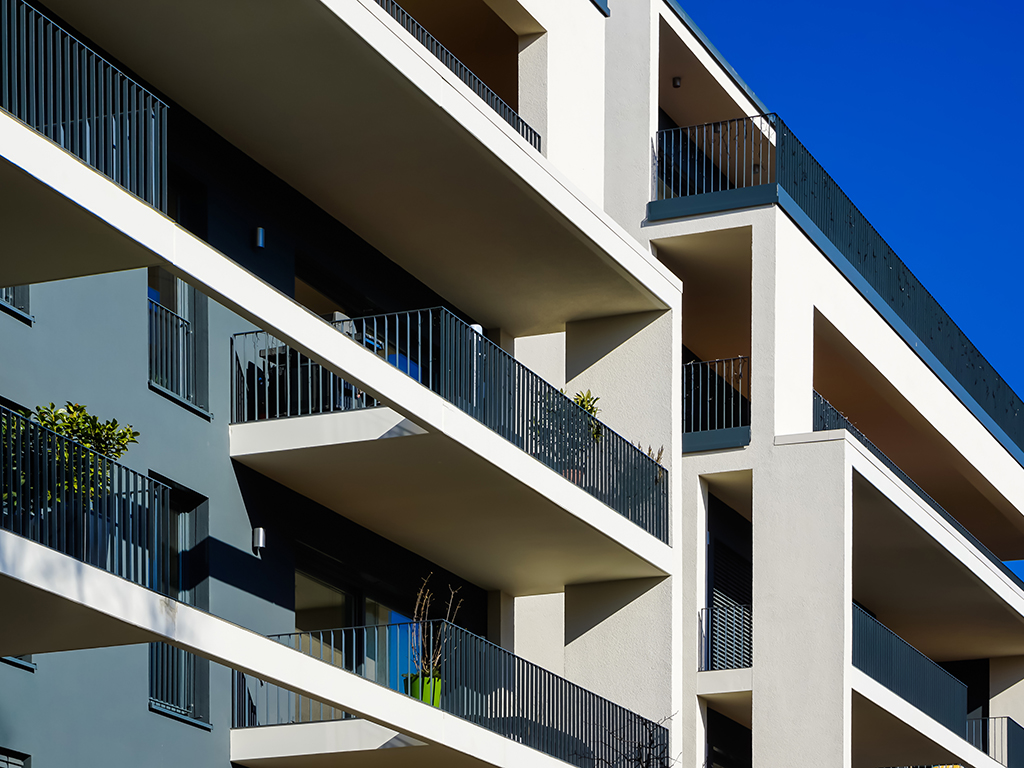New credit rating and real estate market in Serbia
 Monday, 21.10.2024.
Monday, 21.10.2024.
 23:13
23:13

Few days later Serbia has agreed on a new Policy Coordination Instrument (PCI) arrangement with IMF to start as of 2025. The Policy Coordination Instrument (PCI) is a non-financing tool created by IMF to help countries demonstrate their commitment to economic reforms and to unlock financing from other sources. In addition, IMF has also successfully concluded the fourth and final review of Serbia’s existing €2.4 billion stand-by arrangement which Serbia has been treating as precautionary. It was initially approved in December 2022 to support Serbia’s recovery from Covid 19 impact and to maintain macroeconomic stability. The IMF projected Serbia’s growth to reach 3,9% in 2024 and to increase to around 4,25% over the coming years. According to press reports, this upward revision is due to the “strong performance in the construction and services sectors during the first half of the year”.
Impact on real estate asset classes
The investment-grade status opens Serbia to a broader range of international investors who are restricted to investing only in countries with such ratings. This influx od additional capital is likely to increase demand for real estate, particularly in urban centres like Belgrade, driving property prices upward. This will encourage developers to initiate new projects, contributing to a more dynamic real estate market and potentially leading to higher property values as supply struggles to keep pace with demand.Cities like Belgrade and Novi Sad are prime locations for residential investments due to rising demand from both local and foreign investors. The affordable property prices compared to Western Europe make these cities particularly attractive. The credit rating upgrade signals a more stable economic environment, which can boost consumer confidence and encourage both domestic and foreign buyers to invest in real estate. Higher demand typically leads to increased property values.

We predict increased interest for property investments from Serbian diaspora, foreign individual investors and expatriate community living in Serbia all wanting to take advantage of the growing RE market. However, residential property buyers increasingly seek modern properties equipped with high-quality amenities and sustainable designs. The developers should focus on eco-friendly construction practices and energy-efficient buildings.
With more foreign investors and expatriates moving into Serbia, there will likely be a rise in demand for rental properties. This trend can create opportunities for property owners looking to generate passive income from rentals. The rental market is expected to thrive, particularly in Belgrade, where high rental yields make it an attractive option for investors looking for passive income. The influx of expatriates and foreign workers may further boost demand for rental properties.
Commercial real estate
Hotel and resort investments: With Serbia`s increasing popularity as a tourist destination, there is potential for growth in the hospitality sector. Foreign investors may look to capitalise on this trend by investing in urban or destination spa or mountain resort hotels and resorts. Many popular tourist destinations such as Vrnjacka Banja, Zlatibor or Kopaonik have witnessed a construction boom and sales of holiday apartments. This is likely to continue as foreign individual investors and diaspora may find such property desirable for investment. Events such as EXPO 2027 Belgrade are likely to attract foreign investors in the hospitality sector too.

As a conclusion, the investment-grade rating is expected to enhance the attractiveness of various sectors within Serbia`s real estate market, particularly residential, commercial, industrial and tourism-related properties. These sectors offer promising opportunities for both foreign and domestic investors looking to enter or expand their activities in the Serbian market.
Impact on real estate financing
Many institutional foreign investors were restricted by their mandates from investing in non-investment-grade countries. Serbia’s new status opens the market to these entities, leading to increased capital inflows.
Lower cost of debt finance
Some large borrowers may be able in the medium term to raise loan from either foreign banks or private debt funds abroad. The investment-grade rating typically leads to lower borrowing costs for both the government and private sector. This means that developers and investors can secure loans at more favourable interest rates, making real estate projects more financially viable.
Access to equity finance abroad
The most important impact from the investment grade we see in Serbian real estate market is developers being able to access finance from a wider range of international private equity funds who are looking for stable investment opportunities in countries with credit ratings. Many investment funds, who previously could not finance real estate projects in Serbia because of its “junk” investment status are now in the position to do so. For Serbian developers, easier access to equity funding will lead to easier and cheaper bank funding, thus, making their projects more profitable. The availability of new financial instruments tailored for real estate financing in Serbia will likely expand as investor interest grows, allowing for more sophisticated and complex type of real estate finance for small or larger-scale projects.
As a conclusion, Serbia`s investment-grade rating is poised to significantly enhance the availability of financing for real estate projects by lowering costs, improving access to capital markets, boosting investor confidence, strengthening the financial sector, and fostering a positive macroeconomic environment. These factors collectively create a more favourable landscape for real estate development in Serbia.
About SEECAP
Established in 2001, SEECAP Consulting is a premier financial advisory firm headquartered in Belgrade serving clients in Serbia, Montenegro, North Macedonia, and Bosnia-Herzegovina. Our firm specialises in providing comprehensive financial solutions in corporate finance, M&A, real estate finance, and hotel and tourism finance. In real estate finance we can tap European and Middle Eastern private debt and equity funds and family offices for up to €50 million as well as international financial institutions and commercial banks operating in our countries of operations for debt finance.
In addition to our advisory services, we offer brokerage services for sale of investment properties, including hotels, tourist resorts, shopping malls, office buildings, and construction land

Click here to see the entire Special Edition Newsletter
"Real Estate & Construction - Market-changing investments"
 SEECAP Konsalting doo Beograd
SEECAP Konsalting doo Beograd


 Izdanje Srbija
Izdanje Srbija Serbische Ausgabe
Serbische Ausgabe Izdanje BiH
Izdanje BiH Izdanje Crna Gora
Izdanje Crna Gora


 News
News














